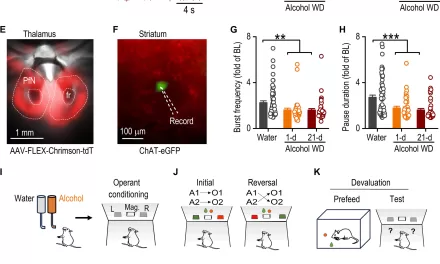
A recent article in Pediatrics argues against the expansion of newborn screening (NBS) to include the identification of genes linked to a heightened risk of neurodevelopmental disorders (NDD). The authors express concern that this approach may do more harm than good by exacerbating existing healthcare disparities. While some experts believe that early genomic screening could help identify and address NDDs in infancy, the authors contend that the current healthcare context lacks adequate support and access to care for children already diagnosed with an NDD.
Dr. Sarah Sobotka, lead author and assistant professor of Developmental and Behavioral Pediatrics at the University of Chicago, emphasizes that the success of early genomic screening depends on promptly providing therapeutic support to affected children. However, the scarcity of genetics experts and diagnosticians in the U.S. prompts Sobotka and co-author Dr. Lainie Ross to advocate for targeted NDD screening for children displaying signs of developmental delays.
The authors highlight a gap between genotype (genetic makeup) and phenotype (outwardly expressed indications or behavior), cautioning against over-treatment of conditions that may never manifest. They also express concern about the potential stigma and self-fulfilling prophecies associated with premature diagnoses based on genetic variants.
Another challenge lies in the shortage of trained therapists to cater to the needs of children with NDDs. The authors argue that increased early identification, especially in cases where delays may not occur, could disproportionately benefit children from more resourceful backgrounds, potentially widening disparities for marginalized groups.
Sobotka and Ross point out that genetic research data is skewed towards white middle-class participants, potentially leading to more diagnoses in those groups. They advocate for waiting until signs of delays manifest, allowing for the collection of a more diverse set of genetic data for future assessments.
While the authors discourage broad genomic sequencing of newborns, they support early screening for NDD. They suggest focusing resources on early identification during routine well-child visits, using standardized screening tools, and leveraging referrals from early childhood education programs.
Sobotka emphasizes the importance of early identification and recommends interventions including educational measures and family leave policies that facilitate early parent-child attachment and interactive activities. She advocates for prioritizing these proven population-based interventions over expanding NBS.











